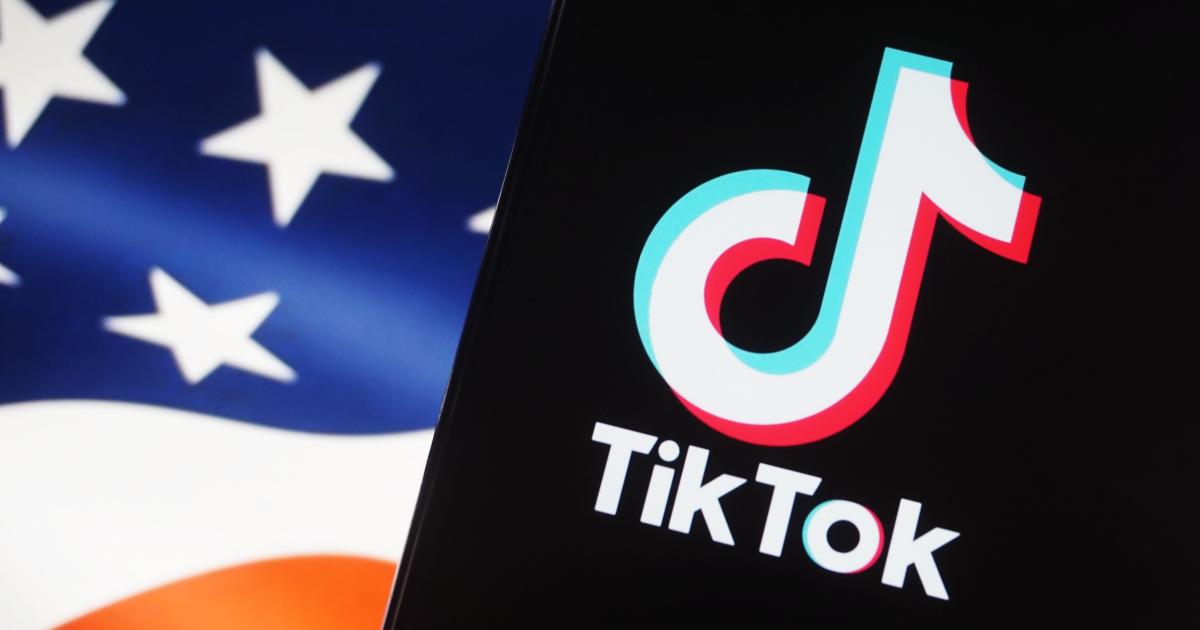The legal battle over the fate of TikTok, the popular video-sharing app, is set to begin on Monday with arguments in the challenge against a possible ban. The app and its parent company, ByteDance, have been under scrutiny by U.S. officials for years due to concerns that the Chinese government could potentially access users’ data and use it for manipulation or spying on Americans. The push against TikTok gained momentum earlier this year in Congress when lawmakers approved a foreign aid package that included provisions requiring the app to be sold or banned from U.S. app stores. President Biden signed the legislation into law in April, setting a deadline for TikTok’s sale.
TikTok and ByteDance filed a lawsuit against the Justice Department in May, arguing that the law violates the First Amendment rights of users. They requested the court to block enforcement of the legislation, which they claimed would lead to the app’s shutdown by early next year, stating that selling the app before then is unfeasible.
Due to the timeline of events, the U.S. Court of Appeals for the District of Columbia Circuit expedited oral arguments. The parties are scheduled to appear in federal court in Washington, D.C., on Monday, where TikTok will seek a preliminary injunction against the law.
According to sources, TikTok will argue that Congress rushed through the law in a closed-door legislative process and that it is the government’s responsibility, not TikTok’s, to prove that the speech restrictions serve a compelling interest and are tailored to achieve that interest. The app will also contend that there is no evidence to suggest that China has manipulated information on TikTok received by Americans.
TikTok has asserted that a potential ban would represent a significant departure from the U.S.’s support for an open internet and set a dangerous precedent. On the other hand, U.S. lawmakers and security experts have raised concerns about the Chinese government’s potential access to personal data from millions of U.S. users through TikTok.
In a filing in July, the Justice Department highlighted that the concern is based on the actions taken by ByteDance and TikTok overseas, as well as the Chinese government’s activities in the United States that demonstrate its capability and intent for malign foreign influence and data theft, even if not currently reliant on ByteDance and TikTok.
During Monday’s proceedings, TikTok and the Justice Department will each have 25 minutes to present their case.
The legal battle between TikTok and the U.S. government has been ongoing for some time, with the app facing scrutiny over its ties to China and concerns about data privacy and national security. The decision to require TikTok’s sale or potential ban from U.S. app stores has sparked a heated debate over free speech rights, government authority, and the balance between national security and commerce.
TikTok has become a cultural phenomenon, particularly among younger users, with its short-form videos and viral challenges capturing the attention of millions of people worldwide. However, its Chinese ownership has raised suspicions in Washington, leading to calls for increased scrutiny and regulation of the app.
The lawsuit filed by TikTok and ByteDance against the Justice Department represents a significant escalation in the legal battle, with both sides digging in their heels over the contentious issue. The outcome of this case could have far-reaching implications for the future of the app, its users, and the broader debate over technology, privacy, and national security.
As the arguments unfold in court, both TikTok and the Justice Department will present their respective cases, citing legal precedents, constitutional rights, and national security concerns. The decision of the court could shape the future of TikTok in the U.S. and potentially influence the broader debate over data privacy, cybersecurity, and the regulation of technology companies.
The legal battle over TikTok is just one example of the challenges facing tech companies operating in a globalized world where data flows freely across borders and governments seek to balance innovation with security. The outcome of this case will be closely watched by industry observers, legal experts, policymakers, and users alike as it could set a precedent for how governments regulate and oversee technology platforms in the future.
In the coming days and weeks, the legal battle over TikTok will continue to unfold, with both sides presenting their arguments and evidence in court. The outcome of this case will have significant implications for the app’s future in the U.S. and could shape the broader debate over data privacy, national security, and the regulation of technology companies. As the legal standoff intensifies, the eyes of the tech world will be on Washington to see how this high-stakes drama plays out.









